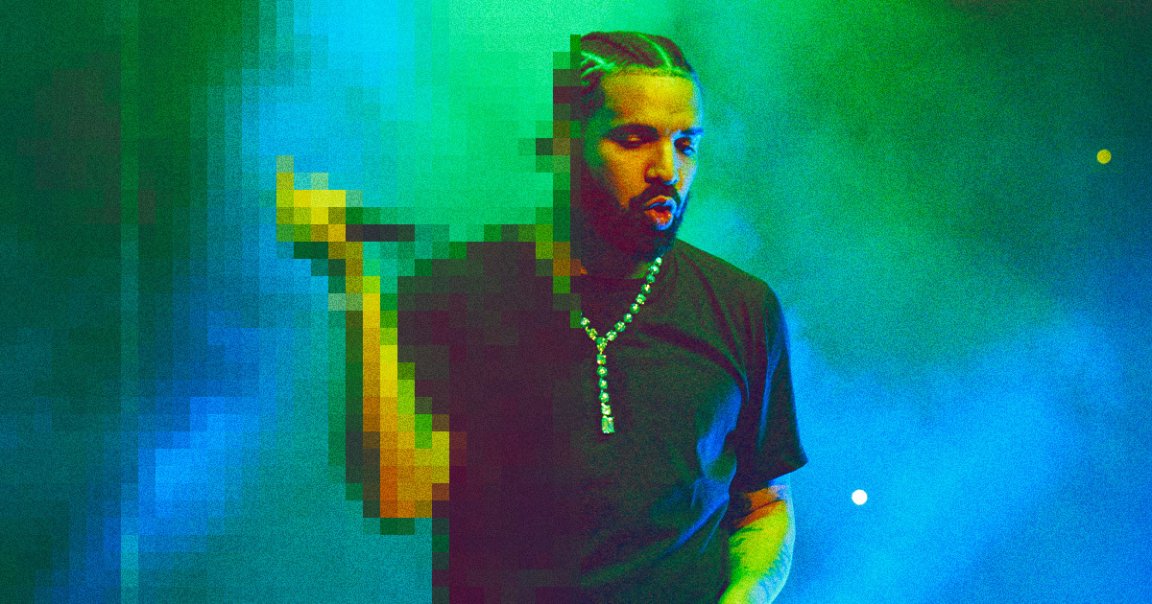
Changing Its Tune
In April, Universal Music Group — one of the biggest record labels in the world — demanded the takedown of a song which used voice cloned vocals of its artists Drake and the Weeknd.
Now apparently changing its tune, the Financial Times reports that UMG has begun negotiations with Google over how together they could license artists’ melodies and voices for use in AI generated songs, with Warner Music also said to be in on the talks.
If the plans come to fruition, the result will be a tool that fans can use to deepfake their favorite musicians. Should they desire it, artists could choose to opt out of being included in the system.
“With the right framework in place,” said Warner Music CEO Robert Kyncl at a Tuesday meeting with investors, per the FT, AI could “enable fans to pay their heroes the ultimate compliment through a new level of user-driven content… including new cover versions and mash-ups.”
Under the Bridge
According to the report, music executives have learned from the last time the internet posed a thorny copyright conundrum: YouTube. The video platform, owned by Google, played host to countless user-made videos featuring copyrighted music.
After years of tiresome legal battles, the music industry came to a happy compromise through a lucrative deal with Google that earns it billions of dollars per annum for the use of its music.
Likewise, it was only a few months ago that UMG threw a hissyfit over fan-made deepfakes of its artists. But seeing the writing on the wall, it may now be happy to let cloned versions of music from artists under its thumb exist so long as it sees money from it — and better yet, Google money.
Rising Tide
Artists signed to UMG may see it differently. Chief among the discontented of its star-studded lineup is Drake, who in April called out a viral remix of an Ice Spice song that used an AI-generated clone of his voice.
“This is the final straw AI,” he wrote in an Instagram story.
For those artists that consider this a matter of principle, the choice to opt in or out may be little comfort.
UMG and Warner will hope to capitalize on supercharging remixes with AI through legitimate, paid channels. But this could normalize musical deepfakes at large, inviting even more of those who disregard legal permissions to get in on the fun, too.
Which is fine if you’re a record label trying to make a buck off the widespread popularity, but a nightmare for artists that want to keep their voices free from AI-cloning. At that point, opting out may not even matter.
More on AI: AI Knows What You’re Typing Just By Hearing It Over a Zoom